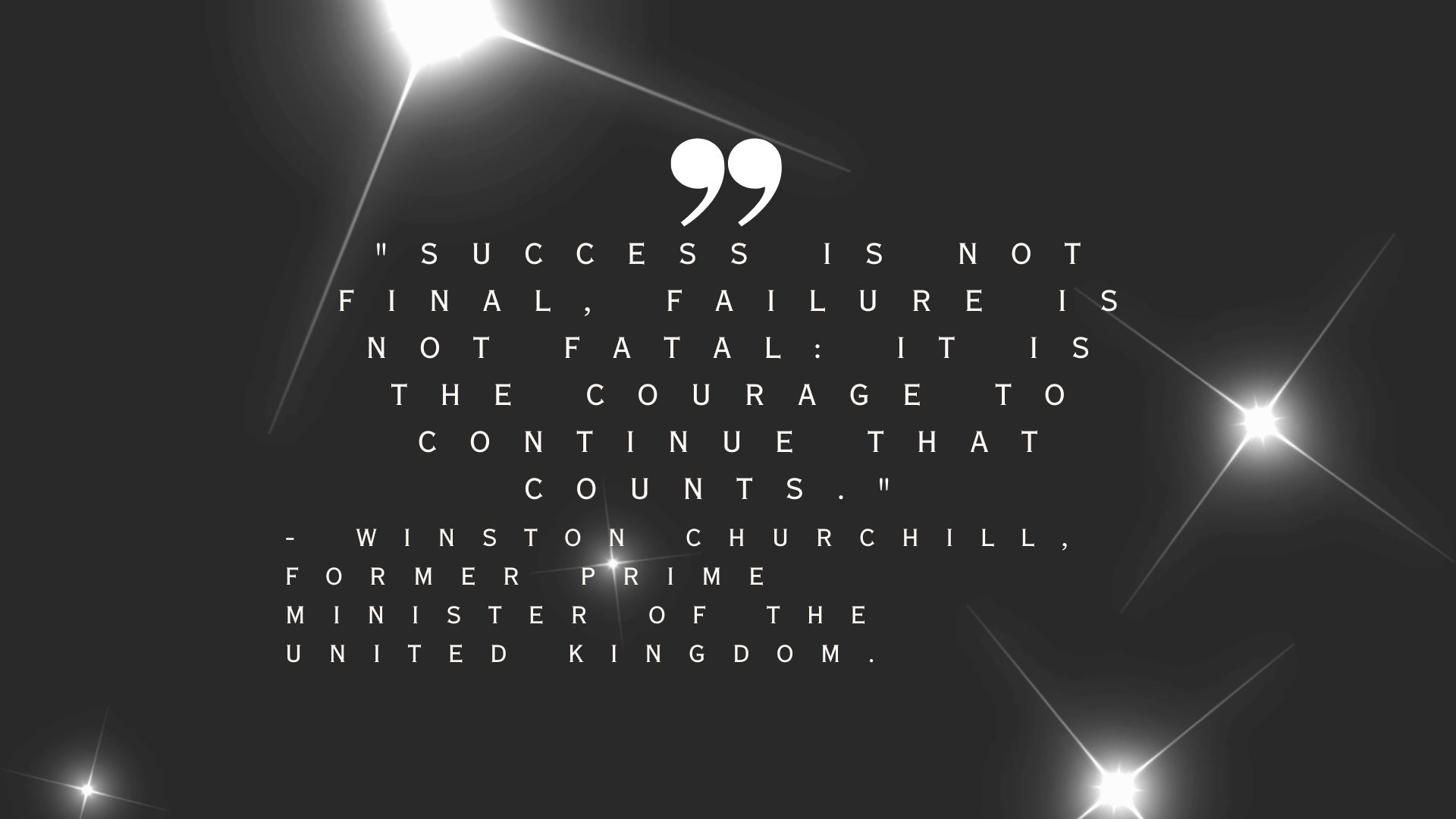“A lie can travel half way around the world while the truth is putting on its shoes”
–Mark Twain, American writer
The quote “A lie can travel half way around the world while the truth is putting on its shoes” is often attributed to Mark Twain, though its exact origin is uncertain. Nevertheless, its message is clear and timeless: falsehoods and misinformation can spread rapidly and have a powerful impact, while the truth can take longer to emerge and be less widely disseminated.
In today’s digital age, this phenomenon is perhaps more prevalent than ever before. With the rise of social media, the internet, and instant messaging, false information can be spread to millions of people within a matter of seconds. This can have serious consequences, ranging from political manipulation and economic fraud to health scares and social unrest.
Why is it that lies seem to have such an advantage over the truth? One reason is that lies often appeal to people’s emotions, while the truth can be more complex and difficult to convey. Lies are often designed to be attention-grabbing, sensational, and simple to understand. They can tap into people’s fears, prejudices, and desires, and can be easily shared through social media and other digital platforms.
On the other hand, the truth can be nuanced, complicated, and difficult to communicate in a way that captures people’s attention. It may require research, analysis, and verification, which can take time and resources. The truth may also be less likely to elicit an immediate emotional response from people, which can make it less appealing in a world that is increasingly driven by social media and instant gratification.
So, what can be done to combat the spread of falsehoods and misinformation? One important step is to promote critical thinking, media literacy, and fact-checking. People need to be able to evaluate the credibility and accuracy of the information they receive, and to be aware of the biases and motivations of those who are disseminating it. This can be challenging, but it is a necessary skill in a world where misinformation is becoming increasingly prevalent.
Another important step is to support and encourage independent journalism, research, and scholarship. These are essential components of a healthy democracy and a free society, and they can help to counteract the influence of misinformation and propaganda. By promoting a culture of inquiry and curiosity, and by valuing the pursuit of truth over sensationalism and entertainment, we can help to ensure that the truth has a fighting chance in the battle against lies.
In conclusion, the quote “A lie can travel half way around the world while the truth is putting on its shoes” is a sobering reminder of the power of misinformation and propaganda, and the challenges of promoting truth and accuracy in an age of social media and instant gratification. By promoting critical thinking, fact-checking, and independent journalism, we can help to combat the spread of falsehoods and misinformation, and ensure that the truth has a fighting chance in the battle for hearts and minds.




